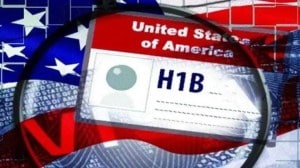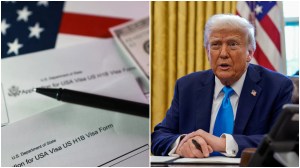The UK’s Medicines and Healthcare products Regulatory Agency has approved Eli Lilly’s treatment for early Alzheimer’s disease. The approval makes, donanemab, branded as Kisunla, the second treatment for Alzheimer’s in the country that shows evidence of slowing progression of the disease.
According to a report by news agency Reuters, the drug was deemed too expensive for wide use by UK’s cost-effectiveness body on Wednesday, signalling that patients are unlikely to get access following approval by the country’s medicines regulator.
The MHRA had previously approved Eisai and Biogen’s Leqembi in August.
However, in a draft guidance published simultaneously, the National Institute for Health and Care Excellence (NICE) said donanemab’s benefit was “just not enough… to justify the additional cost to the NHS.”
NICE is Britain’s agency that determines the cost-effectiveness of treatments paid for out of public funds and if they should be used in the state-run National Health Service (NHS).
Donanemab, given as an infusion every four weeks, has shown to slow down cognitive decline by 4-7 months in clinical studies. The cost-effectiveness estimate for donanemab is 5 to 6 times above what NICE normally considers an acceptable use of NHS resources, it said.
“There are significant uncertainties about how much benefit donanemab provides, and how long this lasts for after stopping treatment,” NICE said. NICE had also deemed Leqembi too expensive in its draft guidance in August. Both treatments require careful monitoring of patients, it said.
In the U.S., donanemab is priced higher than Leqembi, costing about $32,000 for 13 infusions over 12 months. The treatment also necessitates five MRI scans, compared to four for Leqembi, which costs $26,500 annually.
It is estimated that around 70,000 adults in England would have been eligible for treatment with donanemab, according to NICE.
Meanwhile, the National Institute for Health and Care Excellence, or NICE, said more evidence was needed to prove Kisunla’s worth — the drug’s maker, Eli Lilly, says a year’s worth of treatment is $32,000, as reported by news agency AP.
The U.S. Food and Drug Administration (USFDA) authorized Kisunla in July. The roll-out of its competitor drug Leqembi has been slowed in the U.S. by spotty insurance coverage, logistical hurdles and financial worries.
NICE said that the cost of administering Kisunla, which requires regular intravenous infusions and rigorous monitoring for potentially severe side effects including brain swelling or bleeding, “means it cannot currently be considered good value for the taxpayer.”
Experts at NICE said they “recognized the importance of new treatment options” for Alzheimer’s and asked Eli Lilly and the National Health Service “to provide additional information to address areas of uncertainty in the evidence.”
Under Britain’s health care system, most people receive free health care paid for by the government, but they could get Kisunla if they were to pay for it privately.
“People living with dementia and their loved ones will undoubtedly be disappointed by the decision not to fund this new treatment,” said Tara Spires-Jones, director of the Centre for Discovery Brain Sciences at the University of Edinburgh.
“The good news that new treatments can slow disease even a small amount is helpful,” she said in a statement, adding that new research would ultimately bring safer and more effective treatments.
Fiona Carragher, chief policy and research officer at the Alzheimer’s Society, said the decision by NICE was “disheartening,” but noted there were about 20 Alzheimer’s drugs being tested in advanced studies, predicting that more drugs would be submitted for approval within years, as reported by AP. “In other diseases like cancer, treatments have become more effective, safer and cheaper over time,” she said. “ We hope to see similar progress in dementia.”








